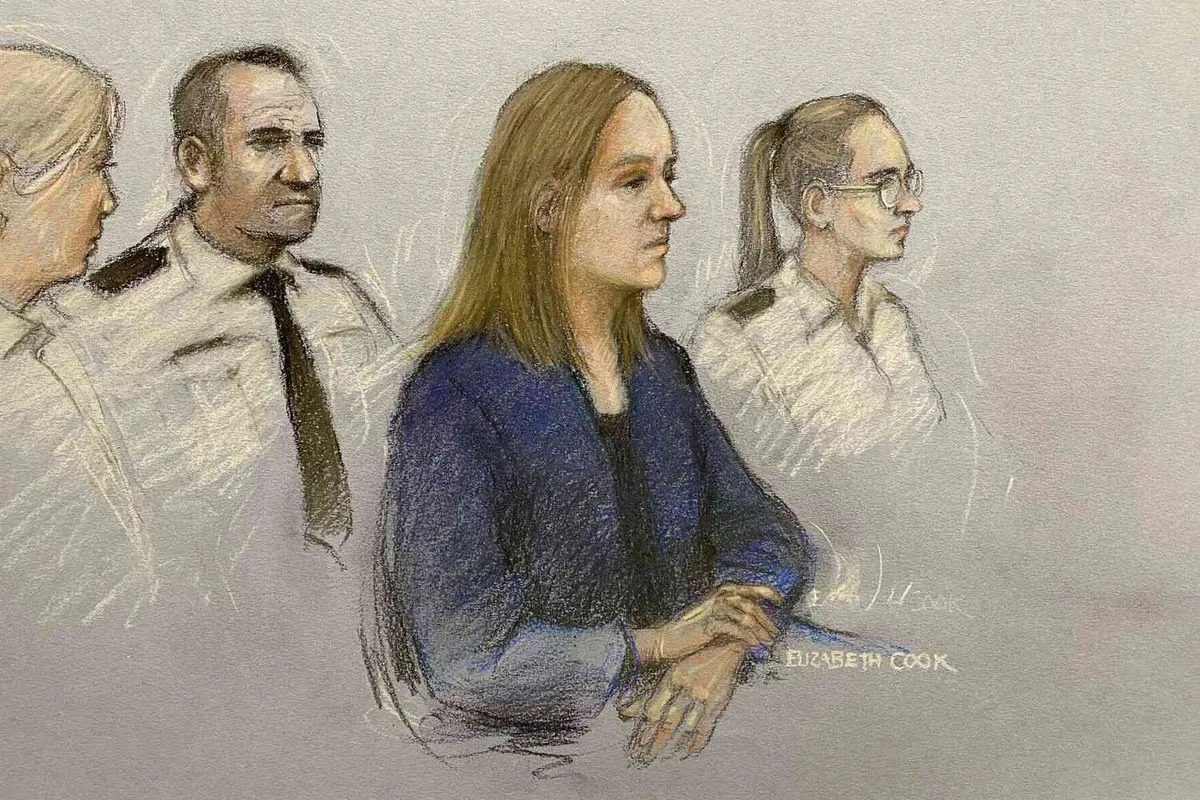Lucy Letby's New Legal Team Challenges Murder Convictions
Former nurse Lucy Letby appoints new barrister to appeal her murder convictions, focusing on evidence reliability. Experts question statistical data as inquiry into hospital looms, sparking debate on scientific evidence in legal cases.

Lucy Letby, the former neonatal nurse convicted of multiple infant murders, has appointed a new barrister to challenge her convictions. Mark McDonald of Furnival Chambers, a criminal defense specialist, has taken over the case and plans to focus on the reliability of evidence presented to the jury.
The case has sparked significant debate in the legal and scientific communities about the use of statistical evidence in criminal proceedings. The Royal Statistical Society (RSS) has announced plans to convene a meeting to address concerns raised by its members regarding the statistical evidence used in the Letby trial.

McDonald stated, "There are numerous experts coming forward to question the evidence." He emphasized that the appeal would not argue against the competence of the original defense team but would instead focus on the reliability of the presented evidence.
The change in Letby's legal representation comes as an inquiry into the Countess of Chester Hospital, where she worked, is set to begin. However, a group of scientists, statisticians, and medical professionals have called for the inquiry to be postponed. In a letter to key officials, including Wes Streeting and Shabana Mahmood, they expressed concerns about the complexity of scientific evidence in healthcare settings, particularly in neonatal care.
"You don't win a case arguing that the defence was bad, but on the fact that the evidence which was presented was unreliable."
The case has highlighted the challenges of interpreting statistical anomalies in healthcare settings, especially in neonatal units where the physiology of newborns is particularly complex. Experts have also raised questions about a potential infectious outbreak and staffing issues at the hospital during the period of increased deaths between 2015 and 2016.
Letby's convictions, which resulted in multiple whole-life terms, have been upheld in two separate appeal attempts. However, the Criminal Cases Review Commission (CCRC) remains open to applications from those who believe they have been wrongly convicted.
As the legal process continues, the case has prompted a broader discussion about the intersection of science, statistics, and criminal justice. The outcome of Letby's appeal and the forthcoming inquiry may have significant implications for how complex scientific evidence is handled in future legal proceedings, particularly in cases involving healthcare professionals.


































